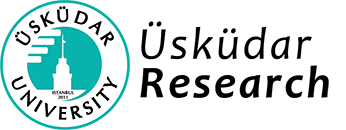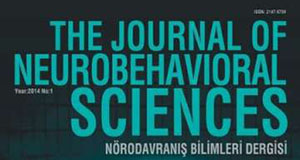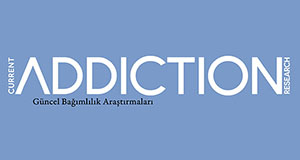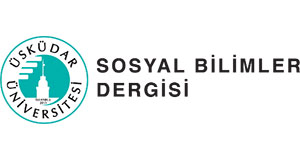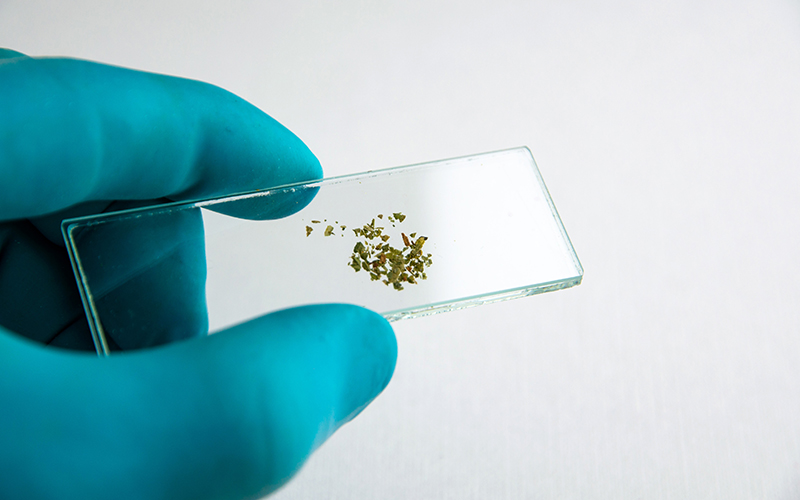
Synthetic cannabinoids (scs) are psychoactive substances that cause psychiatric disorders throughout the world. Substanceinduced obsessive-compulsive and related disorder (ocrd) is a subgroup which necessitates symptoms during or within a month after substance use. Despite many reports presenting cases of having ocrd symptoms induced with substance or medicine use, to our knowledge, none of them presents sc-induced ocrd symptoms. Hereby we present a case with ocrd symptoms after the use of scs
New psychoactive substances (NPS) are defined as substances that are not controlled by the international drug control conventions but may pose a public health thread (World Drug Report, 2017). Among these substances, synthetic cannabinoid receptor agonists, namely “synthetic cannabinoids”, constitute a proportion of 32% (World Drug Report, 2018). SCs cause psychiatric disorders throughout the world like hallucinations and delusions, irritability and agitation, self-mutilation, catatonia in intoxication; may trigger the onset of psychosis or exacerbate existing psychotic disorder (Evren (Ed.), 2018; Grigg et al., 2019; Meijer et al., 2014; Mills et al., 2015; Smith & Roberts, 2014). Obsessive-compulsive disorder is characterized by intrusive and undesired thoughts or impulses that often lead to an increase in anxiety or distress (obsessions) and/or repeated physical or mental acts done in reply to obsessions or in a rigid way (compulsions) (American Psychiatric Association, 2013; Sadock, B. J., Sadock, V.A. & Ruiz, 2015). The lifetime prevalence of OCD is estimated at 2 to 3% in the general population (Sadock, B. J., Sadock, V.A. & Ruiz, 2015). Substance or medication-induced obsessive-compulsive and related disorder (OCRD) is a subgroup of OCRD and requires use or withdrawal of medication or substance (American Psychiatric Association, 2013). DSM-5 specifies substance-induced OCRD with the use of amphetamine (or other stimulants), cocaine and other (or unknown) substances (American Psychiatric Association, 2013). In the literature, there are several medications and substances that are reported to cause OCRD symptoms like atypical antipsychotics (clozapine, olanzapine, quetiapine, risperidone), anticonvulsants (zonisamide, levetiracetam, lamotrigine), isoniazid, interferon, methylphenidate, fluoxetine, codeine, ecstasy (Baytunca et al., 2015; Coşkun & Bilgiç, 2018; DeRosse et al., 2006; Diler et al., 2003; Fujikawa et al., 2014; Grover et al., 2016; Hirai et al., 2002; Kim et al., 2019; Marchesi et al., 2009; Mottard & de la Sablonniere, 1999; Narayanaswamy et al., 2012; Özer et al., 2006; Senjo, 1989; Serby, 2003; Sharma & Doobay, 2018). However, to our knowledge, there isn’t any report presenting OCRD symptoms induced with SC intoxication. Hereby we present a patient who develops these symptoms with onset during intoxication of SC.
